Daily Feminism: The Textile Art of Billie Zangewa
Hailing from Johannesburg, textile artist Billie Zangewa makes intricate stitched collages from raw silk that celebrate the joys and struggles of her life as a black woman and mother. Her work reflects on the ways in which black women’s wider political status bleeds into their everyday lives, a process she calls “daily feminism.” Yet there is also an element of mystery and intrigue in her work, which she deliberately leaves with raw edges and cut-out shapes, leaving the viewer to fill in the missing parts for themselves. Retaining this organic spontaneity is integral to her art, as she explains, “I’m interested in the unfolding and try to allow life’s purpose for me to reveal itself one stitch at a time.”
Born in Malawi in 1973, Zangewa travelled with her family throughout Africa, as they followed the patterns of her father’s work as an engineer. One constant in her life was an interest in fabric and sewing, which she discovered at a young age. She says, “I… developed an interest in fashion that was first informed by the sewing I did at school as an extracurricular activity, and then later through the 80s TV series Videofashion, as well as Vogue magazine.”
While Zangewa majored in printmaking at Rhodes University in South Africa, on her return to the family home in Botswana she quickly realised there would be no printmaking facilities available to her, so in order to continue making art she needed a new approach. Fabric, or more specifically, silk, provided her with the ideal solution; it was mess-free and easy to transport from one room to another. She also found herself deeply attracted to the smooth tactility of silk, noting, “I have always been interested in texture, specifically rich-textured surfaces.” It has remained her primary medium ever since.
Zangewa’s early art as a student and graduate featured cityscapes and urban scenes, but in 2010 she shifted track, choosing instead to follow a more personal, intimate language of expression, reflecting her daily life, and that of the women around her. She says, “As a young child, I realised that society treated girls very differently from boys, so, even without the language, I knew that I was challenged because of my gender.” She became particularly interested in how her identity as a black woman could be explored in her art, noting, “As I got older, I realised at some point that black women are, and have always been, the most marginalised sector of our society.” She adds, “Historically, our bodies and images have been exploited and we have been silenced, with absolutely no power.”
Much of her art explores the political ramifications of seemingly ordinary moments in her life as a mother, and the lives of the women around her, that range from raw vulnerability to acts of empowerment, however small. “I had access to my body and understood the power that is in sharing the personal and revealing one’s vulnerability,” she says.
On one hand, Zangewa reveals the ways in which mothers still perform the bulk of domestic chores, carrying out ‘women’s work’, without question, noting how, “Most women just carry the burden when what they really need is support.” But she also reframes this inequality, showing women in moments of quiet reflection as they search out small acts of self-care as a means of liberating their minds and bodies. She says, “I sometimes think, I’m taking care of everyone and who’s taking care of me? The answer is me. I’m taking care of me. That is why self-care is so important and it doesn’t have to cost anything.”
Qualities of hope and freedom emerge in many of her artworks; Zangewa is one of a generation of black artists exploring identity not just through the suffering of the past, but with a message of optimism for the future, which she hopes can inspire the next generation of black girls and women. She says, “I want to give hope with my work, that we can make new narratives of ease, joy, happiness, love, and prosperity, because it is possible to be black and also experience these positive states.”
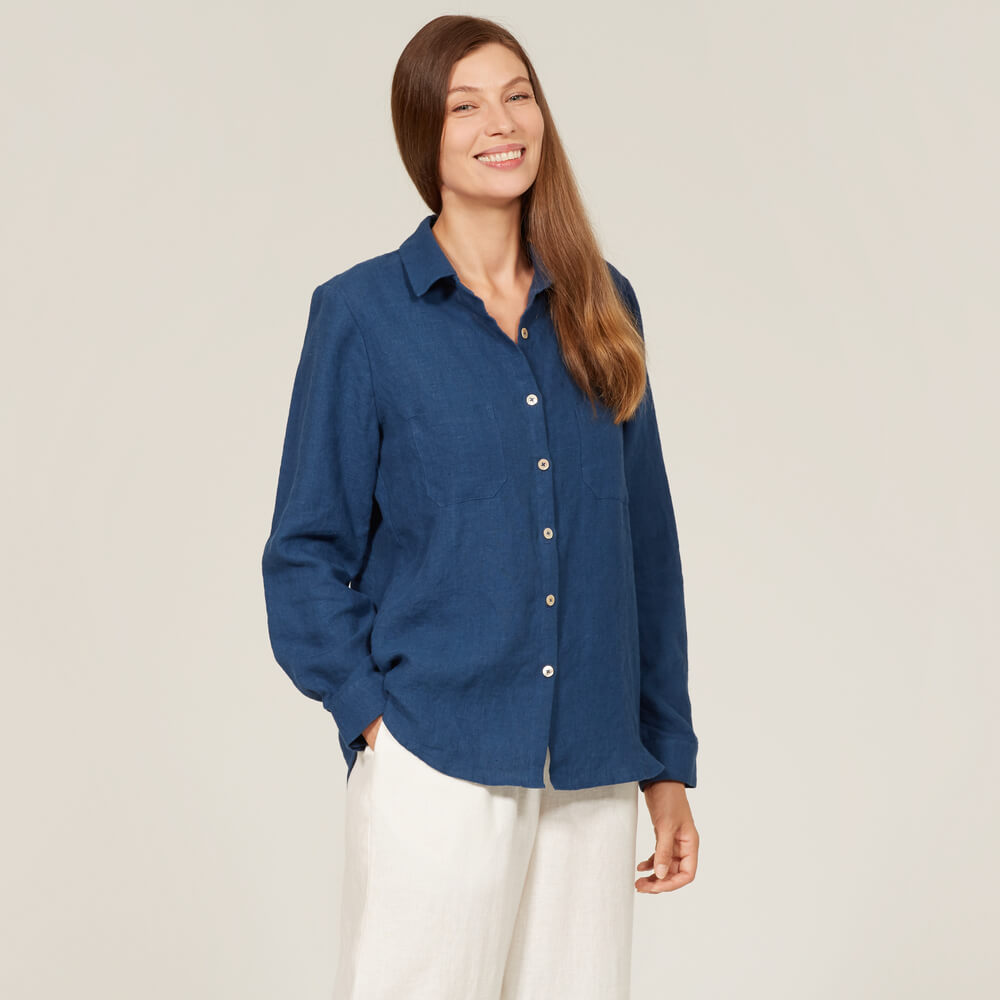

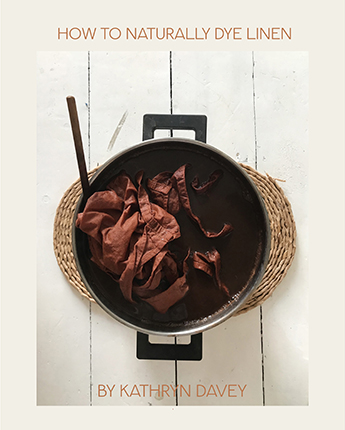
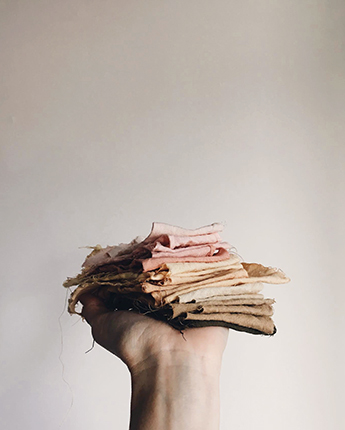

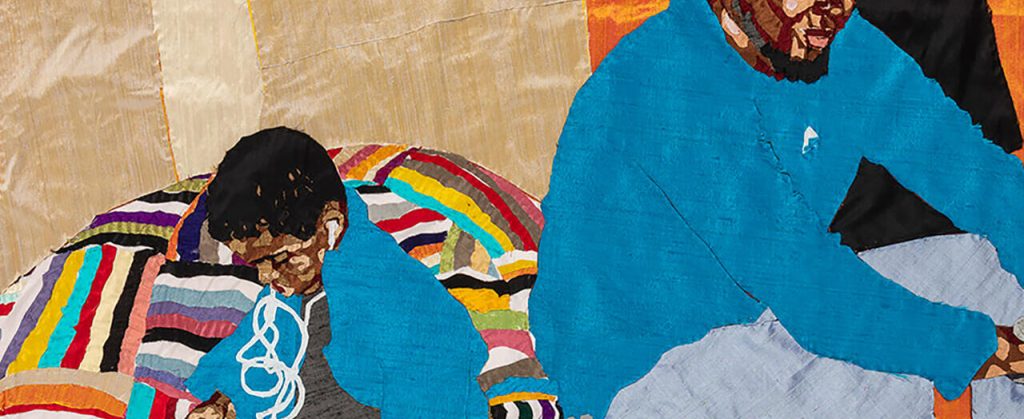
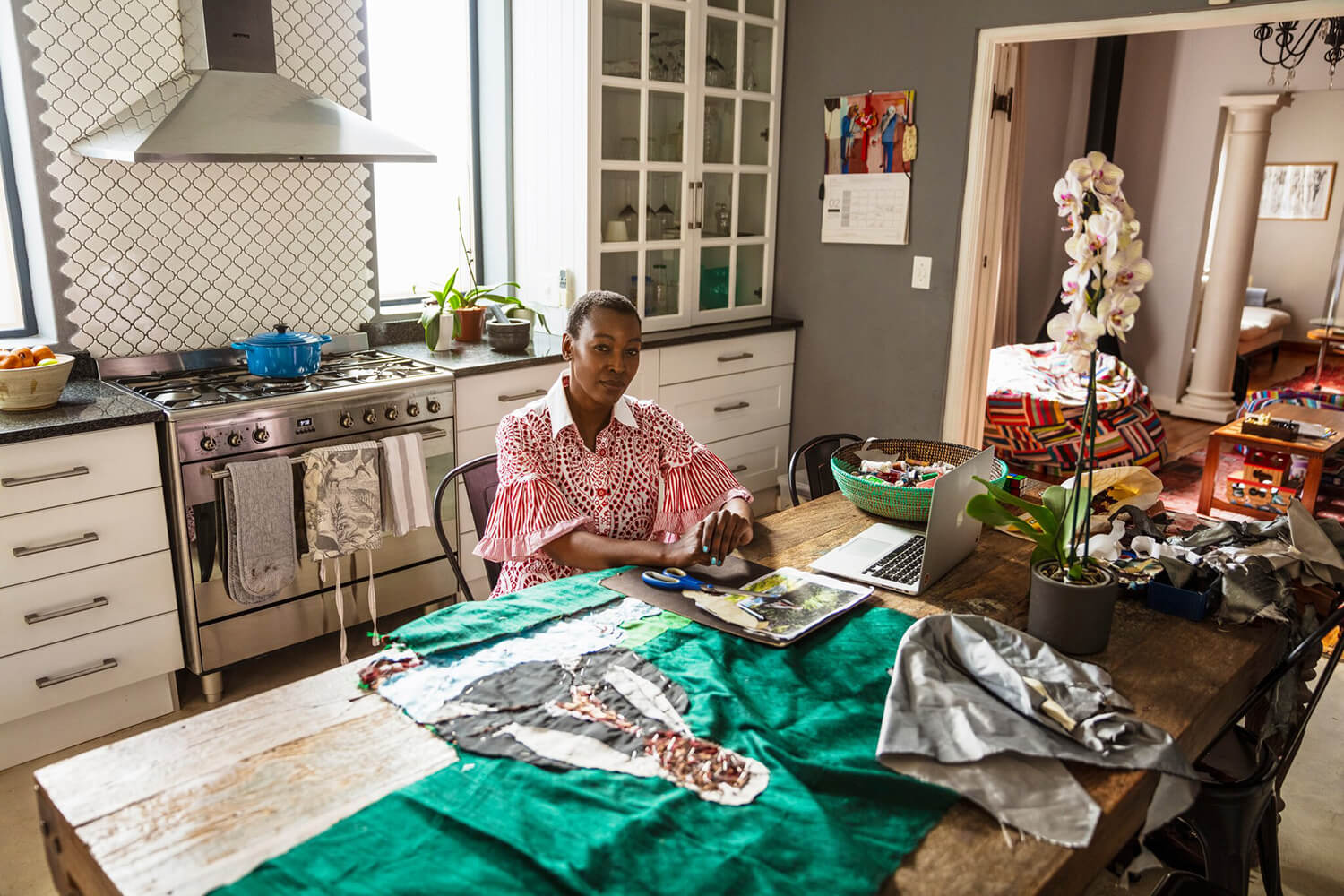
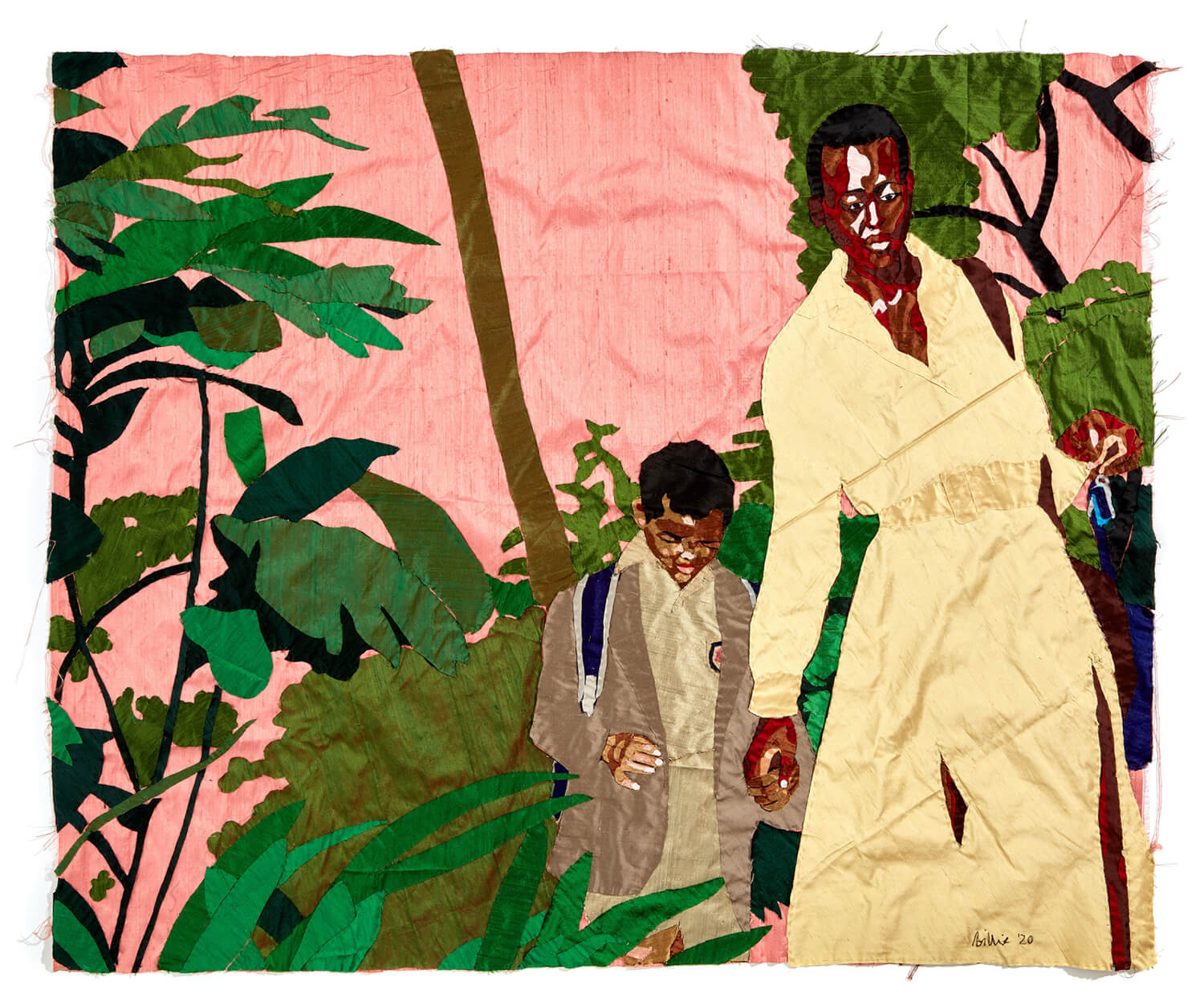
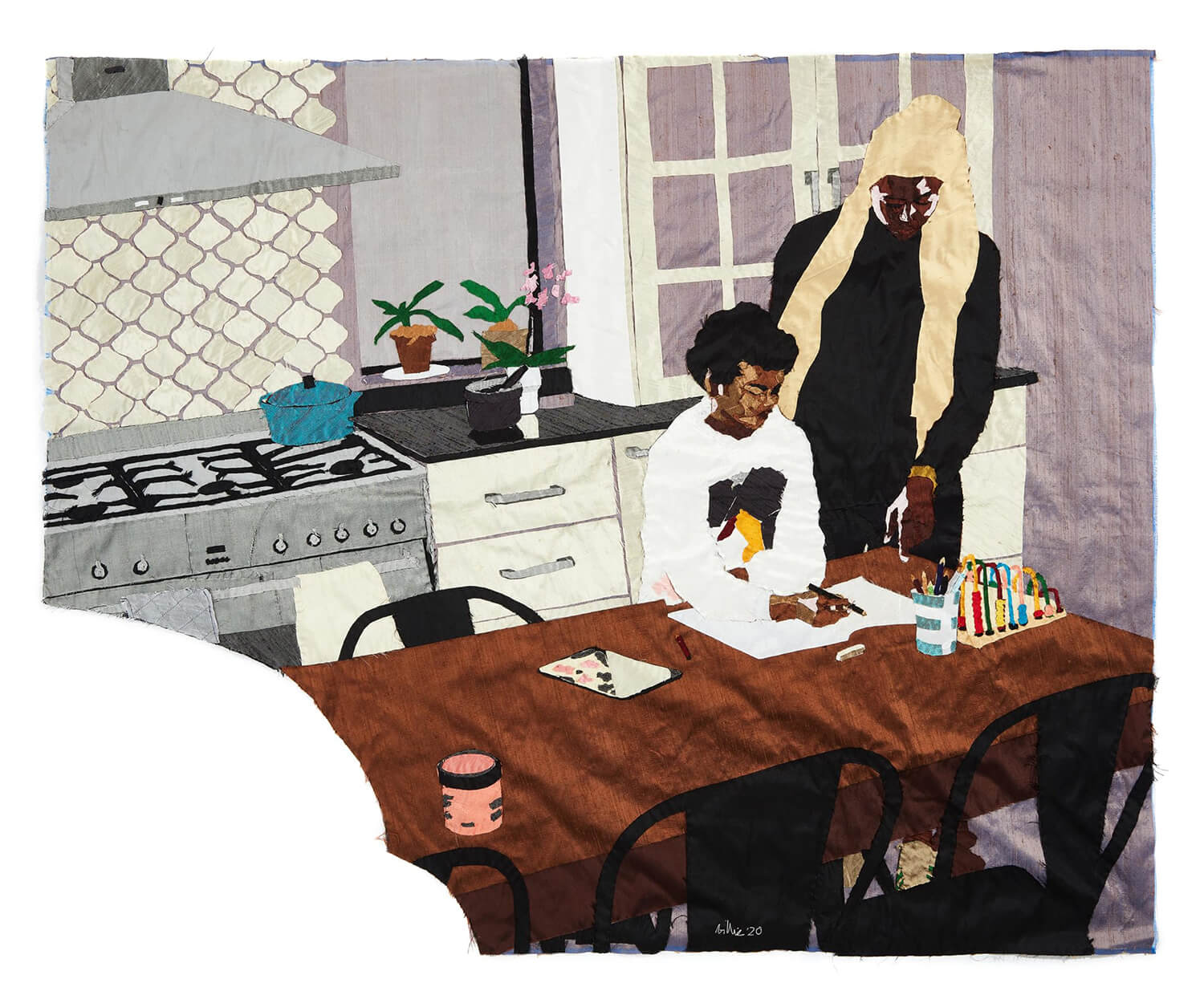
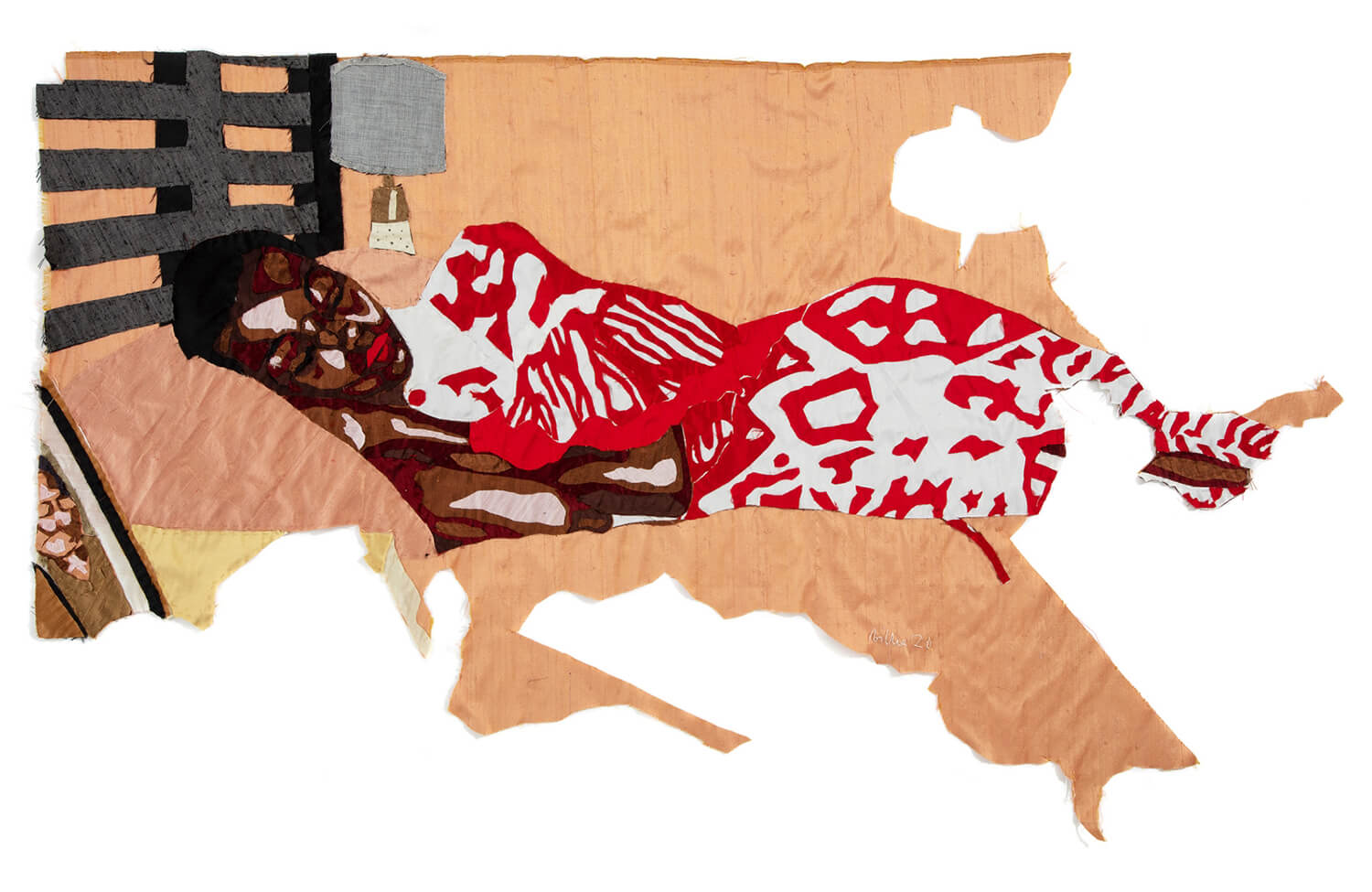
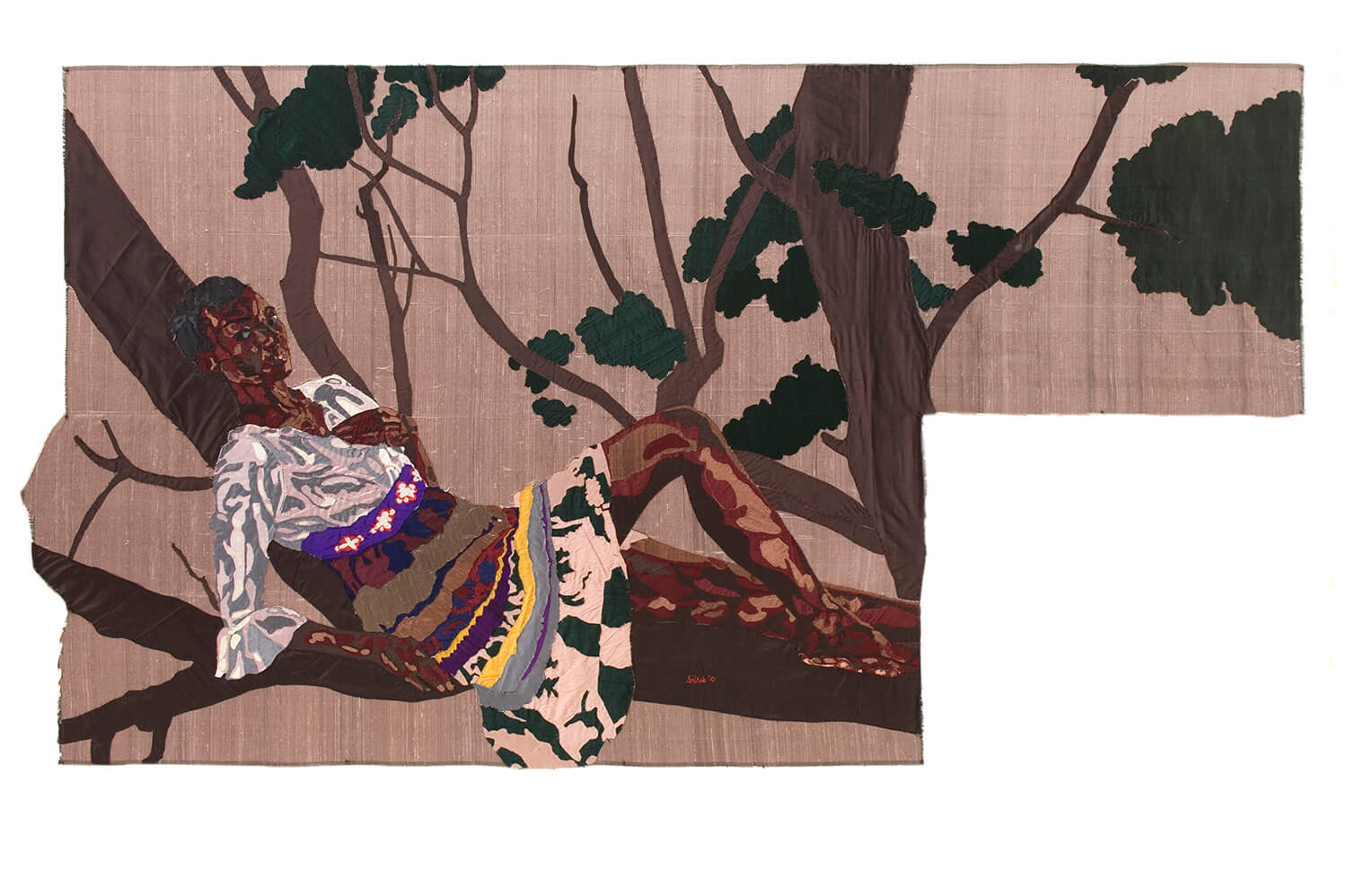
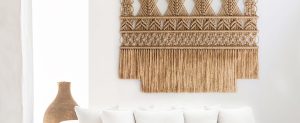
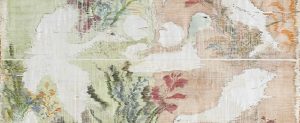
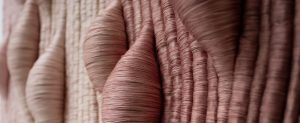

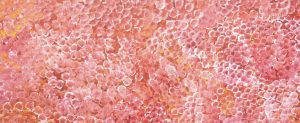

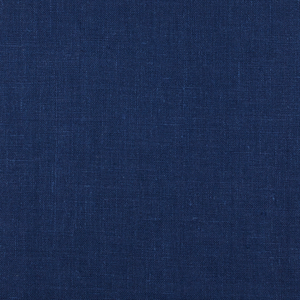
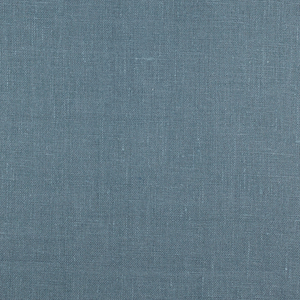

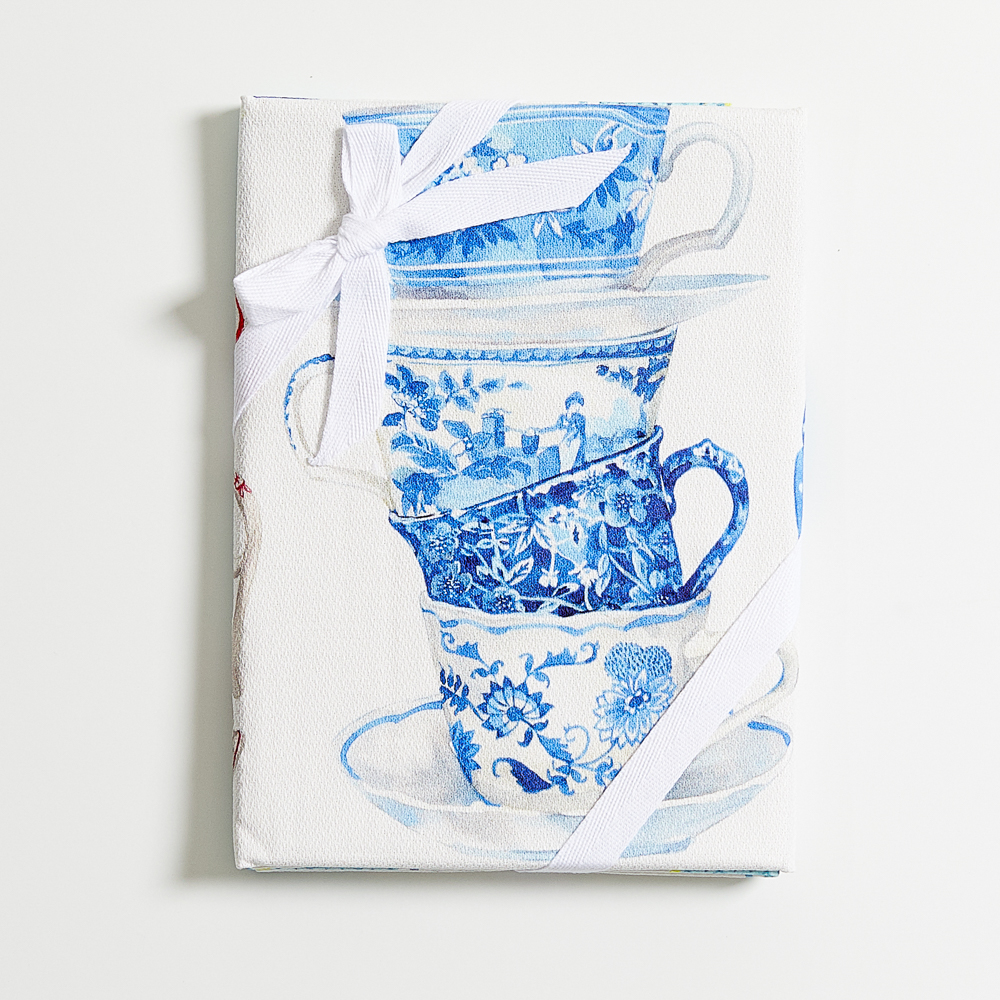

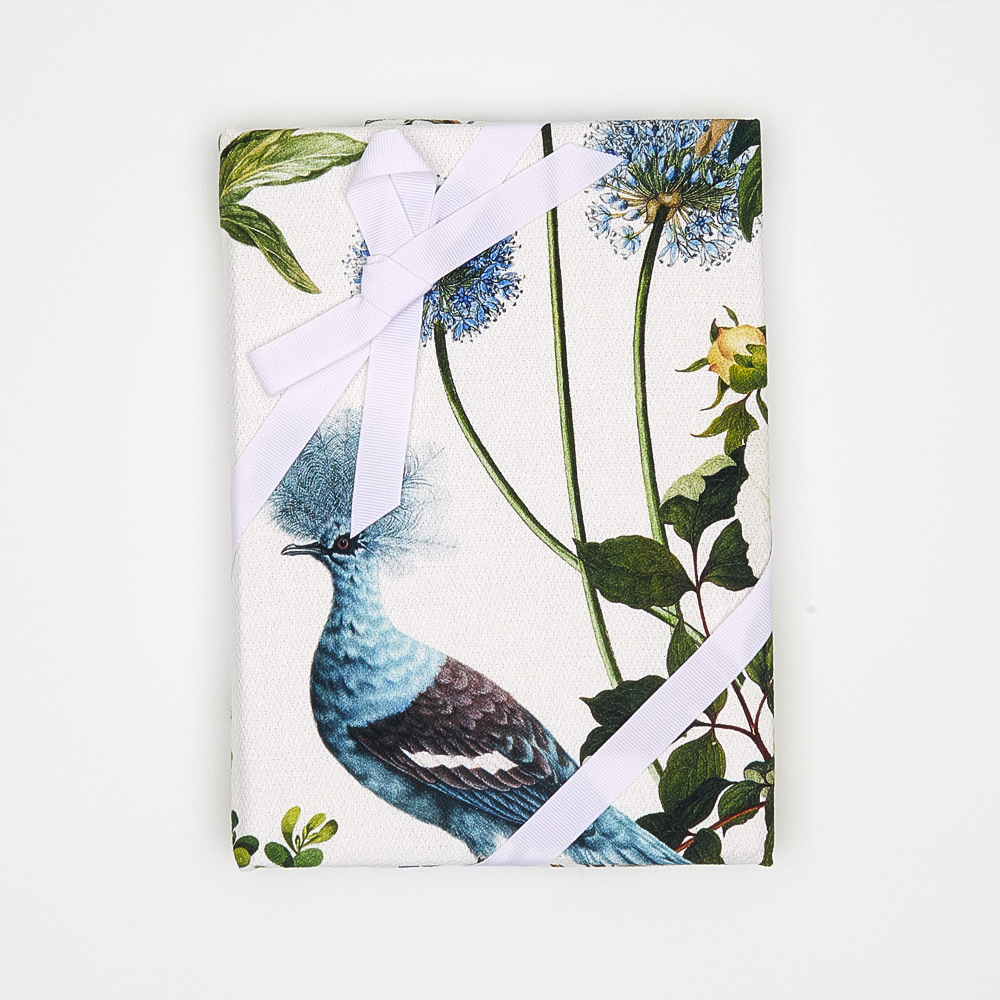


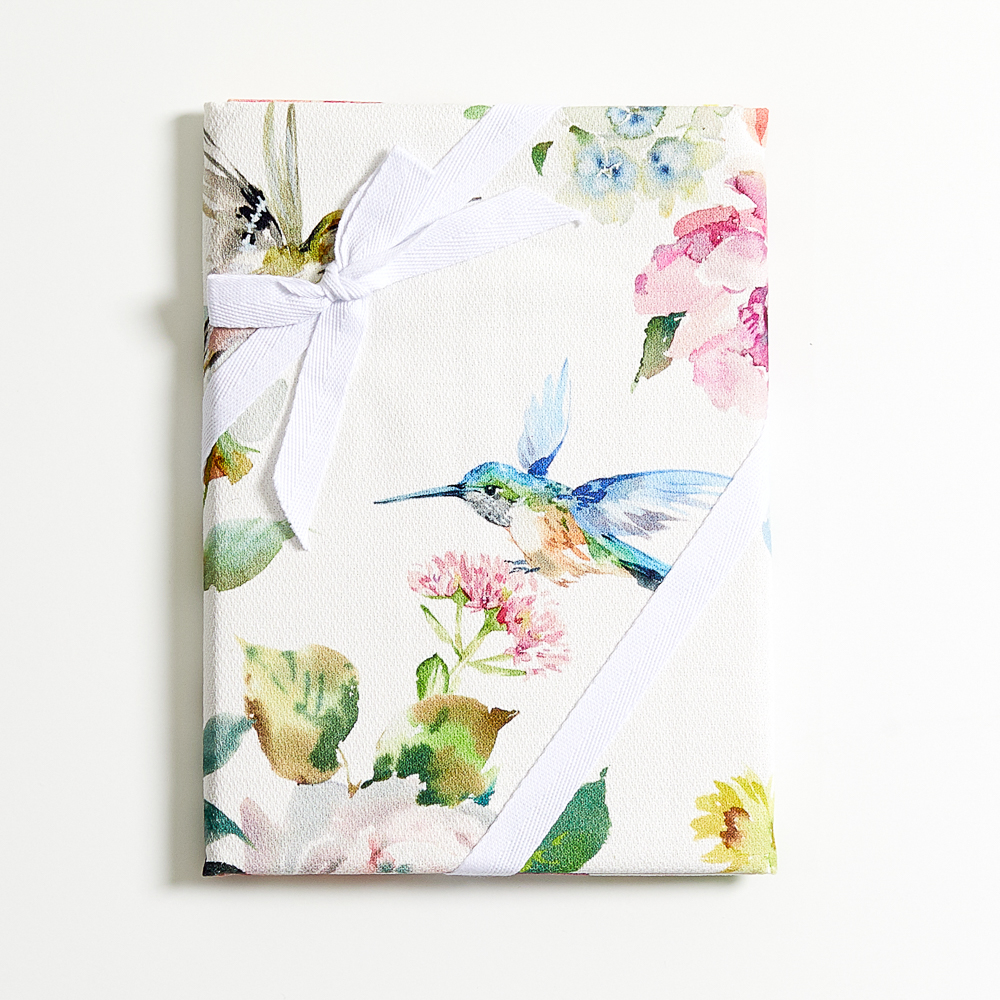
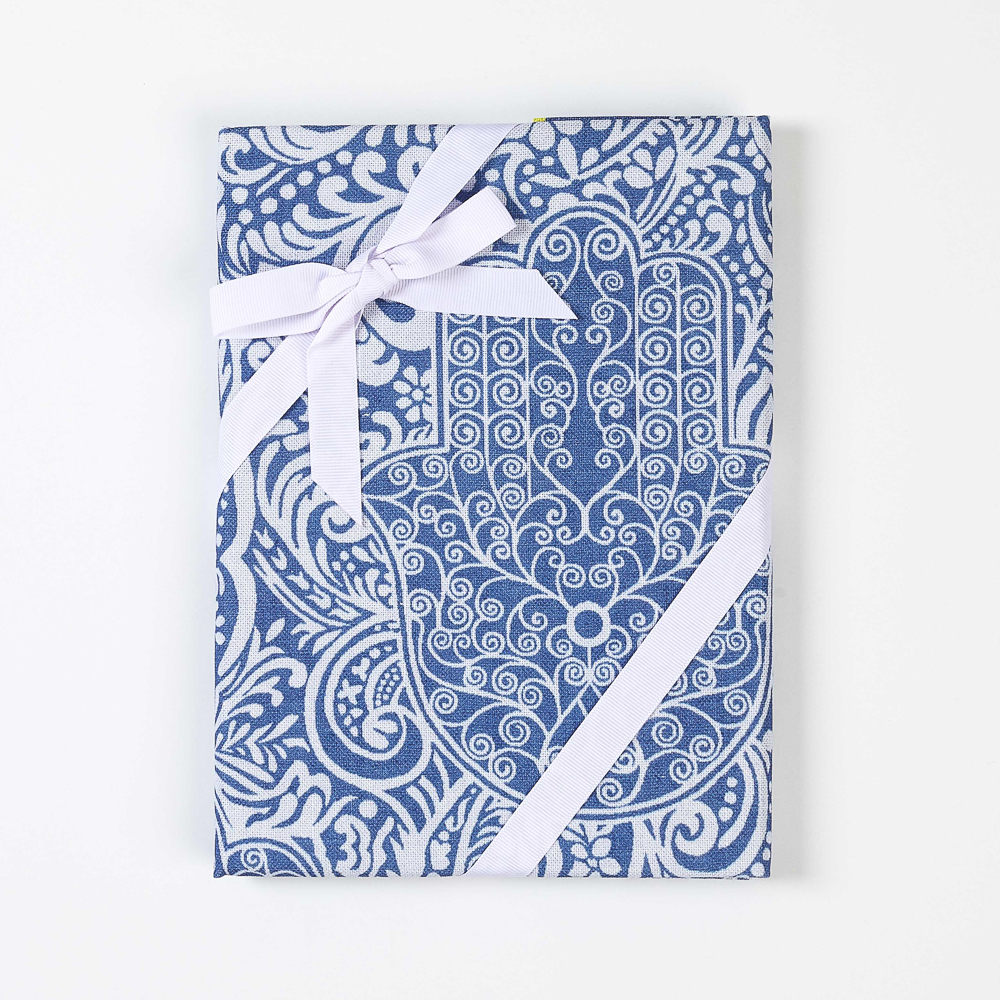

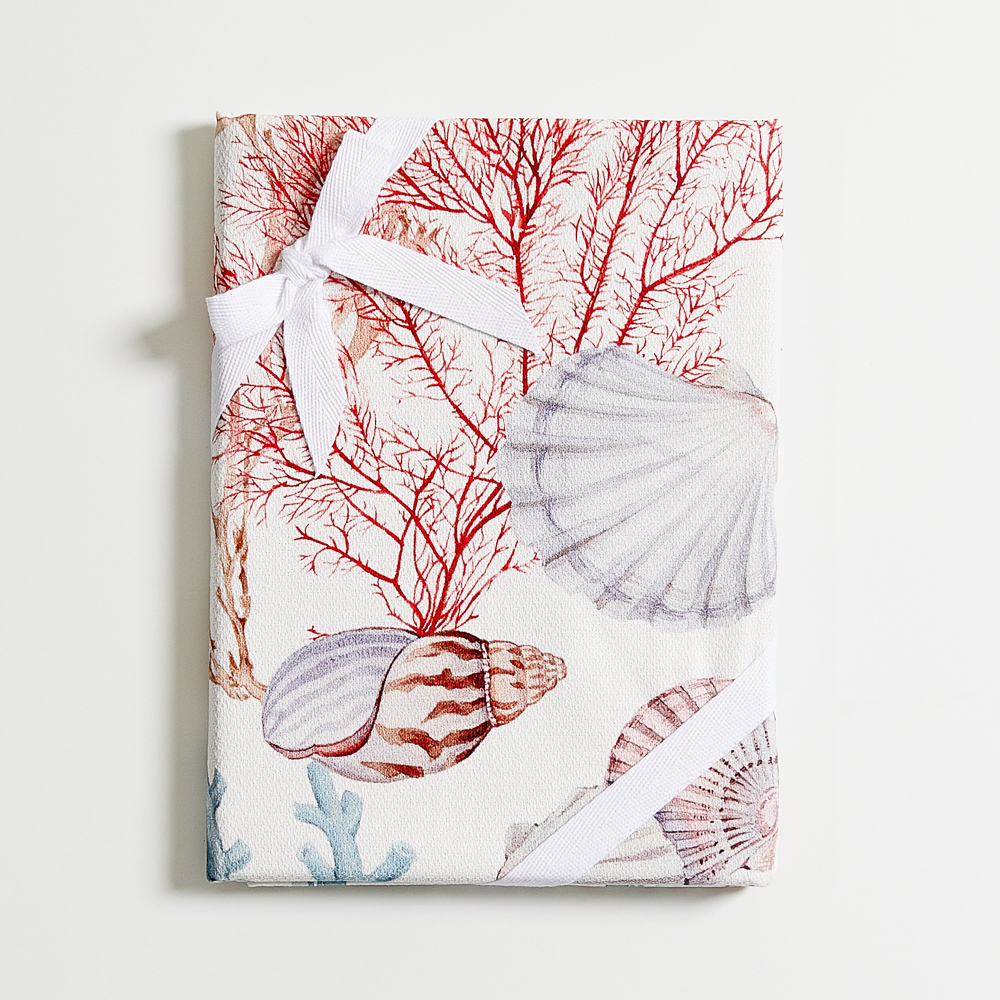
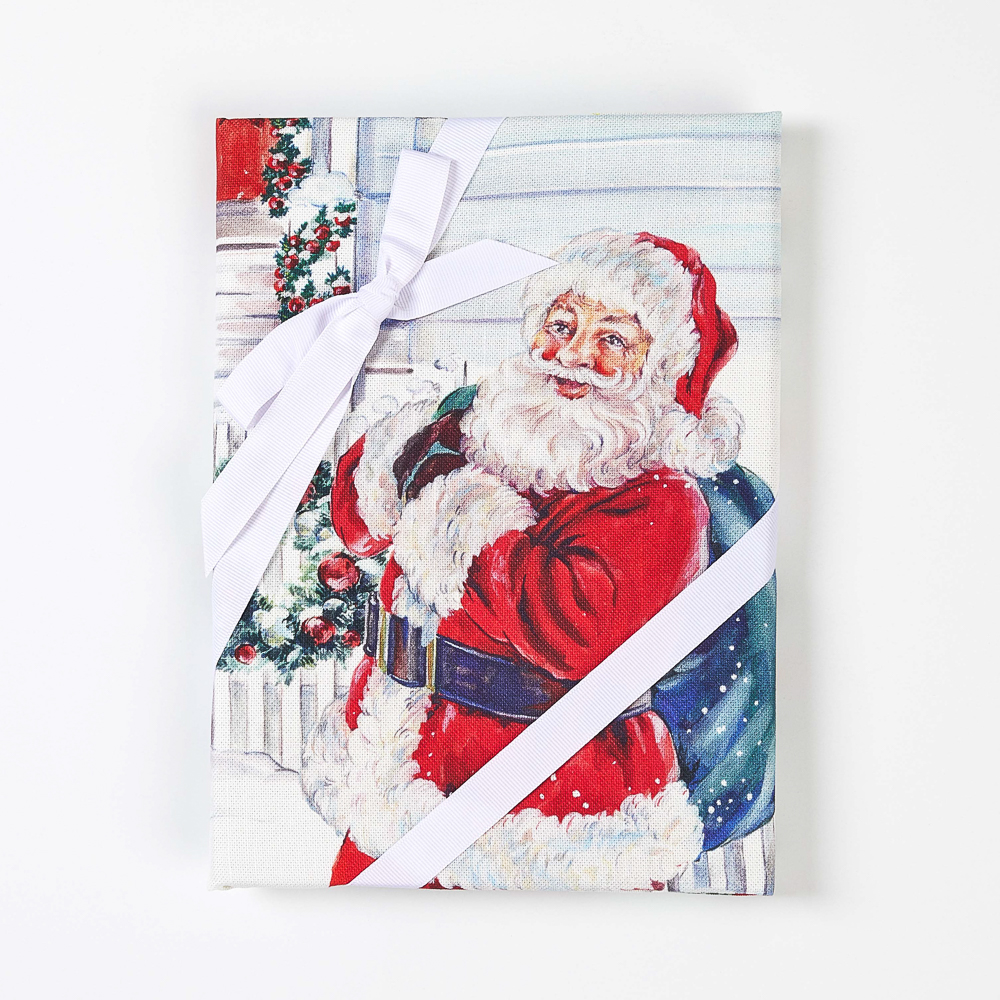

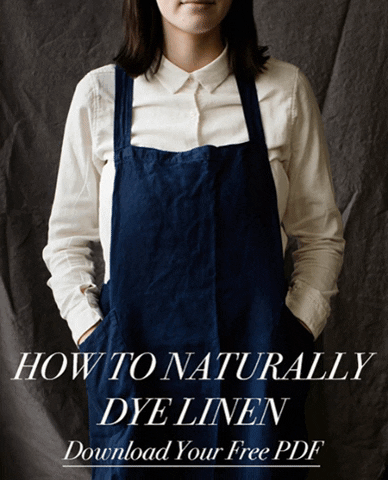
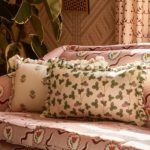

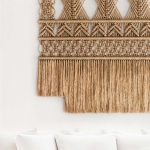
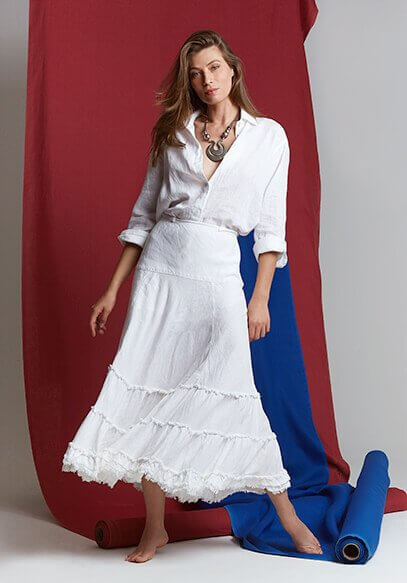
4 Comments
Paul Seaton
Thank you for your articles— really appreciate reading your art history articles — Alma Thomas, etc. Cheers.
Yvette Winn
I enjoy all of historical facts behind these beautiful textures and prints. This story truly captures the passion that is woven into these wonderful fabrics. Thank you for sharing the wonderful stories behind the fabric and giving me more inspiration for what I enjoy doing: Sewing!
Celeste Yanisch
I really enjoy these biographies/histories of fiber artists as I learn so much from them. Thank you for doing all the research and writing for them; it must be a great deal of work for you. It helps me have pride in the world of sewing/fiber/textiles which seems largely unrecognized in the art world. Thank you for doing what you do.
Pamela Doan
I absolutely agree! I love reading about these artists and seeing some of their work. Thank you for. seeking out particularly women who may be marginalized by society and showing their strength and resilience.